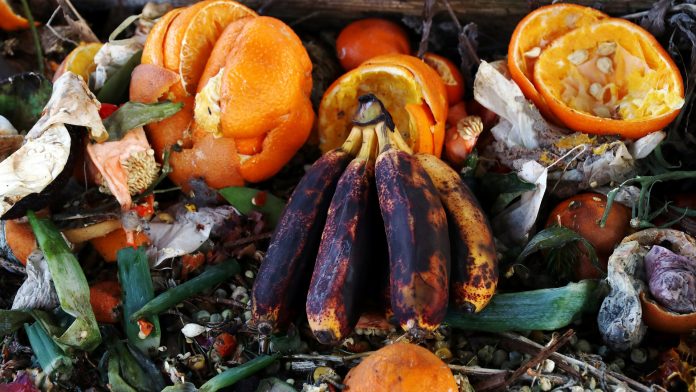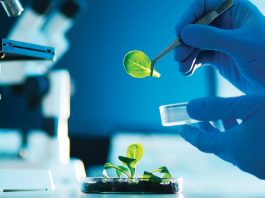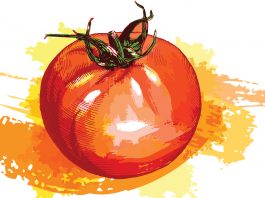Scientists from the University of California – Riverside (UCR), USA, have discovered fermented food waste can boost bacteria that increase crop growth, making plants more resistant to pathogens.
Food waste poses a serious threat to the planet. In the US, as much as 50% of all food is thrown away. Most of this waste is not recycled, but instead, takes up more than 20% of America’s landfill volume. To help combat these issues, the UCR research team looked for alternative uses for food waste. They examined the byproducts from two kinds of fermented food waste that is readily available in Southern California: beer mash, from beer production, and mixed food waste discarded by grocery stores.
As described in the journal Frontier in Sustainable Food Systems, both types of waste were fermented by River Road Research and then added to the irrigation system watering citrus plants in a greenhouse. Within 24 hours, the average population of beneficial bacteria were two to three orders of magnitude greater than in plants that did not receive the treatments, and this trend continued each time the researchers added treatments.
UCR environmental scientist Samantha Ying then studied nutrients such as carbon and nitrogen in the soil of the treated crops. Her analysis showed a spike in the amount of carbon after each waste product treatment, followed by a plateau, suggesting the beneficial bacteria used the available carbon to replicate.
UCR microbiologist Deborah Pagliaccia, who led the research, explained that this finding has an impact on the growth of the bacteria and on the crops themselves. She added: “If waste byproducts can improve the carbon to nitrogen ratio in crops, we can leverage this information to optimise production systems.”
Another finding of note is that neither the beer mash nor the mixed food waste products tested positive for Salmonella or other pathogenic bacteria, suggesting they would not introduce any harmful element to food crops.
The paper’s results suggest using these two types of food waste byproducts in agriculture is beneficial and could complement the use synthetic chemical additives by farmers, in some cases relieving the use of such additives altogether. Crops would in turn become less expensive.
Pagliaccia and Ying also recently received a California Department of Food and Agriculture grant to conduct similar experiments using almond shell byproducts from Corigin Solutions to augment crops.









